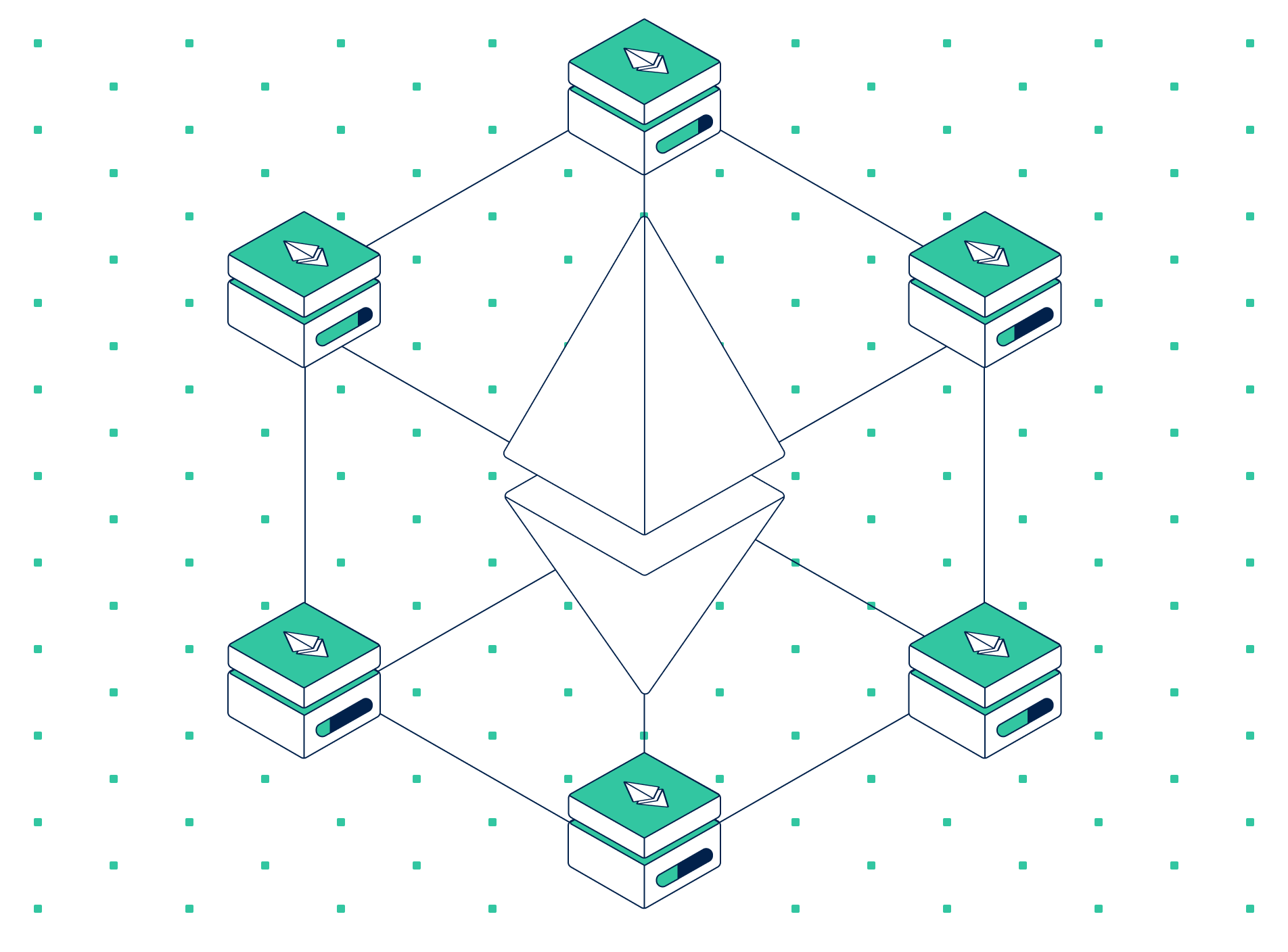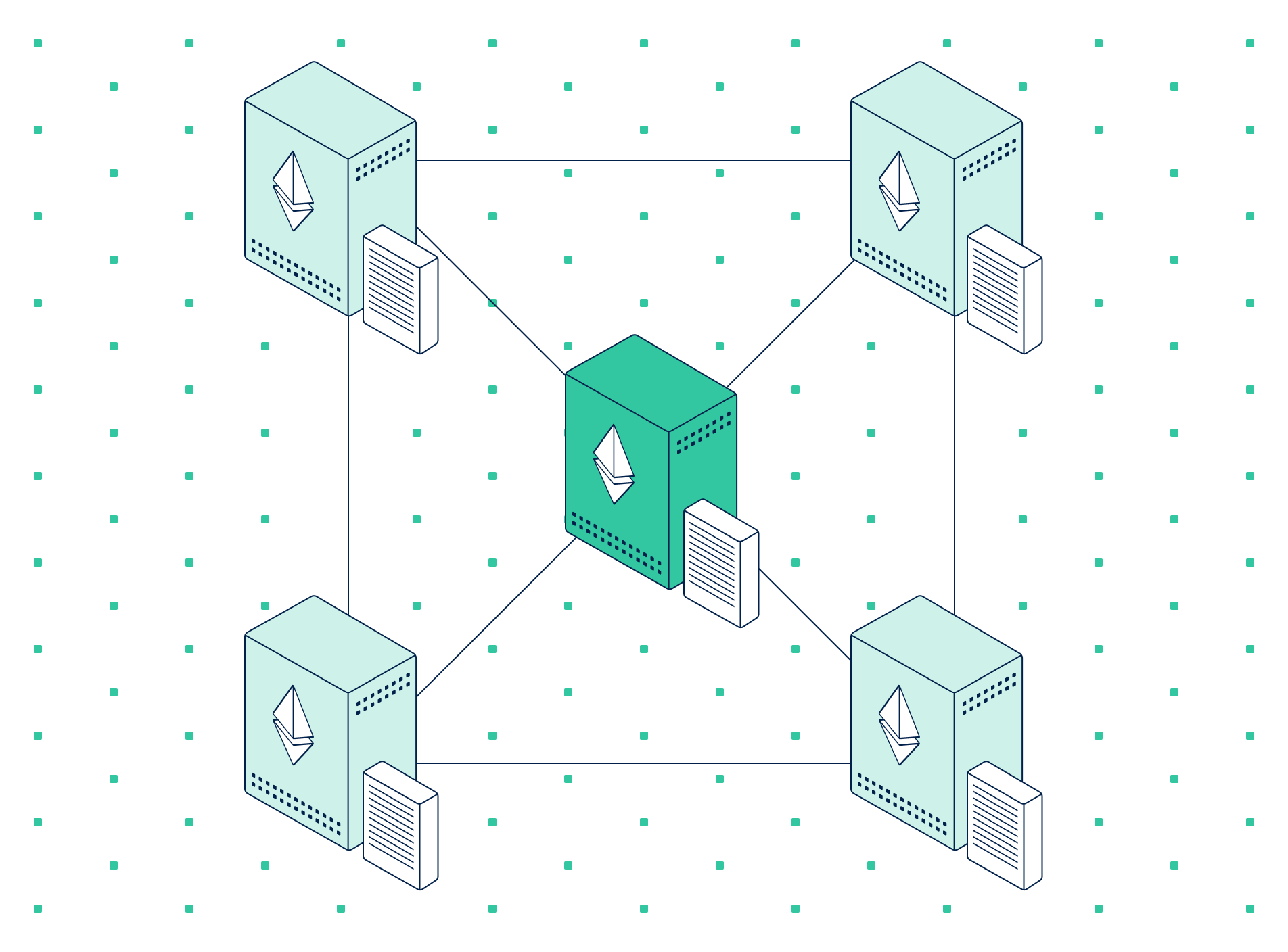We build and run your Ethereum validators
Our staking team is qualified to build, deploy, and manage Ethereum validator nodes for service providers with high due diligence needs.
Bring your Ethereum validators in-house and have complete control over your infrastructure’s setup, security, and performance.
Get expert support, free up internal resources, and increase your network footprint with Finoa’s managed Ethereum validator service.
Designed to meet the high-stakes performance and security expectations of professional capital allocators, Finoa allows you to navigate the crypto asset ecosystem confidently and puts you in control.









